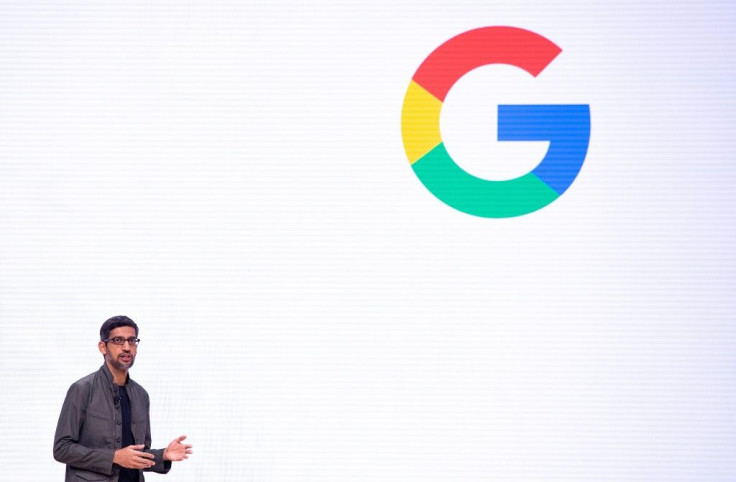Google's AI Bested Medical Experts In Detecting Breast Cancer In Mammograms

KEY POINTS
- A new report reveals that Google Health's AI system bested medical experts in detecting breast cancer in mammograms
- Google recently shared its initial findings on its use of AI to enhance breast cancer screening
- The result is quite impressive but the system is not yet available for widespread use
Artificial Intelligence (AI) could help medical professionals do a better job of locating breast cancer on mammograms, according to a new report from the journal Nature. The report was made by researchers from Google as well as from medical centers both in the US and in the UK. The new system for reading mammograms is still under evaluation and is not yet available for widespread use, according to Bloomberg.
In November last year, Google Health revealed its mission to help everybody live their healthiest life. A few days ago, the health division of the search engine giant published initial findings on using artificial intelligence to enhance breast cancer screening. The recent initiative is just one of the many projects of Google in the world of medicine.
In this particular initiative, computers are trained to identify patterns and interpret images. Google already developed algorithms to help identify lung cancers on CT scans, detect eye disease in persons who have diabetes, and identify cancers on microscope slides. “This paper will help move things along quite a bit,” shared by the Director of Breast Imaging at the Massachusetts General Hospital in Boston, Dr. Constance Lehman. “There are challenges to their methods. But having Google at this level is a very good thing.”
The new system was tested on images where the diagnosis is already known, and it performed better than radiologists. The system produced a 9.4 percent reduction in false negatives, in which a mammogram is erroneously read as normal while cancer is missed. Additionally, the new AI system of Google offered a lowering of 5.7 percent in false positives where the scan mistakenly judged abnormal, but there is no cancer.
Meanwhile, on the mammograms performed in the UK, Google’s AI system also beat the radiologists and reduced false negatives by 2.7 percent and false positives by 1.2 percent. Google also supported the study financially and worked alongside researchers from Northwestern University in Chicago, two British medical centers, Royal Surrey County Hospital, and Cancer Research Imperial Centre. What’s interesting is that the AI system has no access to the histories of the patients, as well as to past mammograms, which doctors would usually use.
The US model was trained from de-identified mammograms of 15,000 women in the US and 76,000 women in the UK. Google hopes to translate machine learning research into tools that benefit not only the patients but also medical professionals.
© Copyright IBTimes 2024. All rights reserved.






















